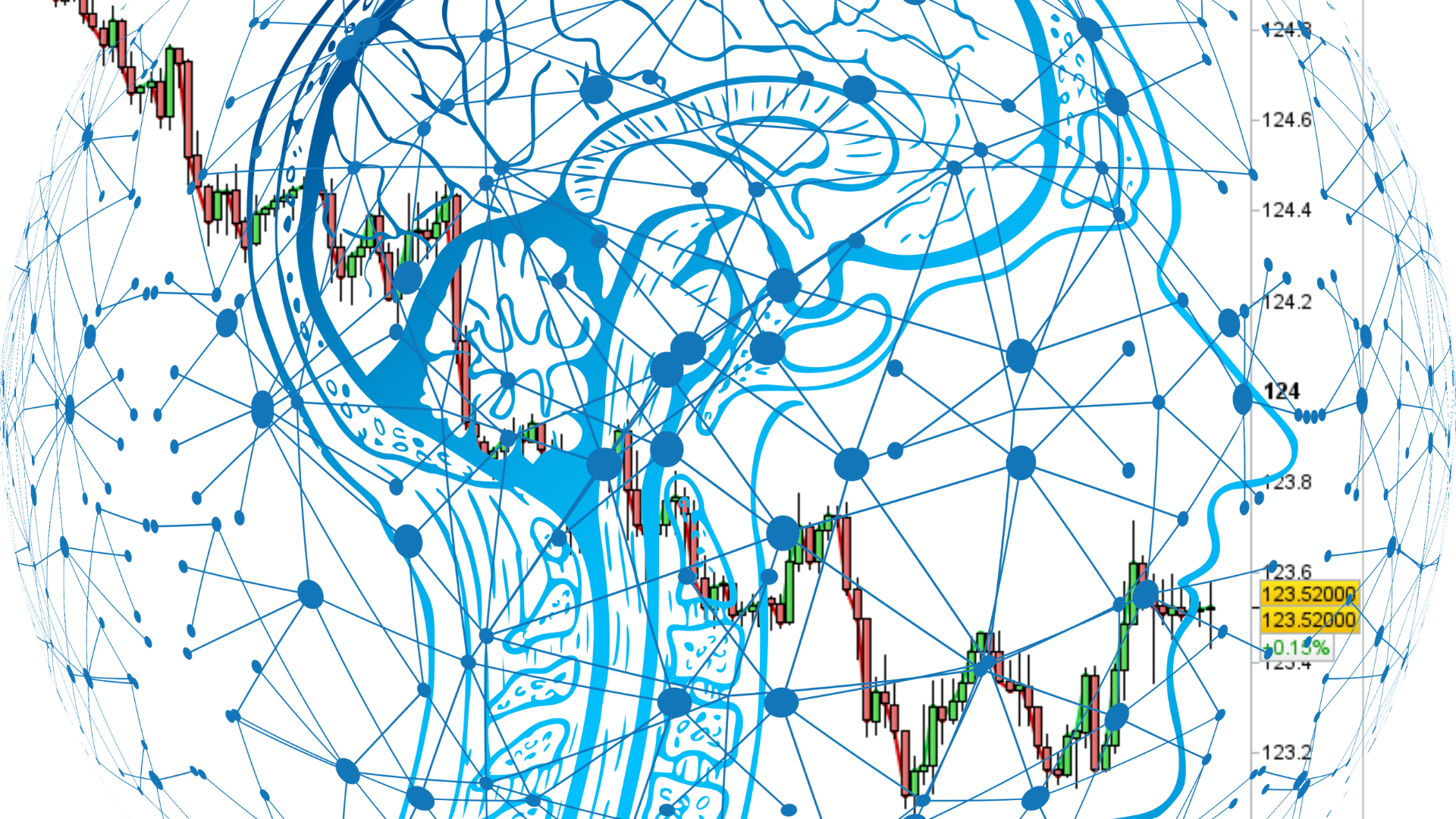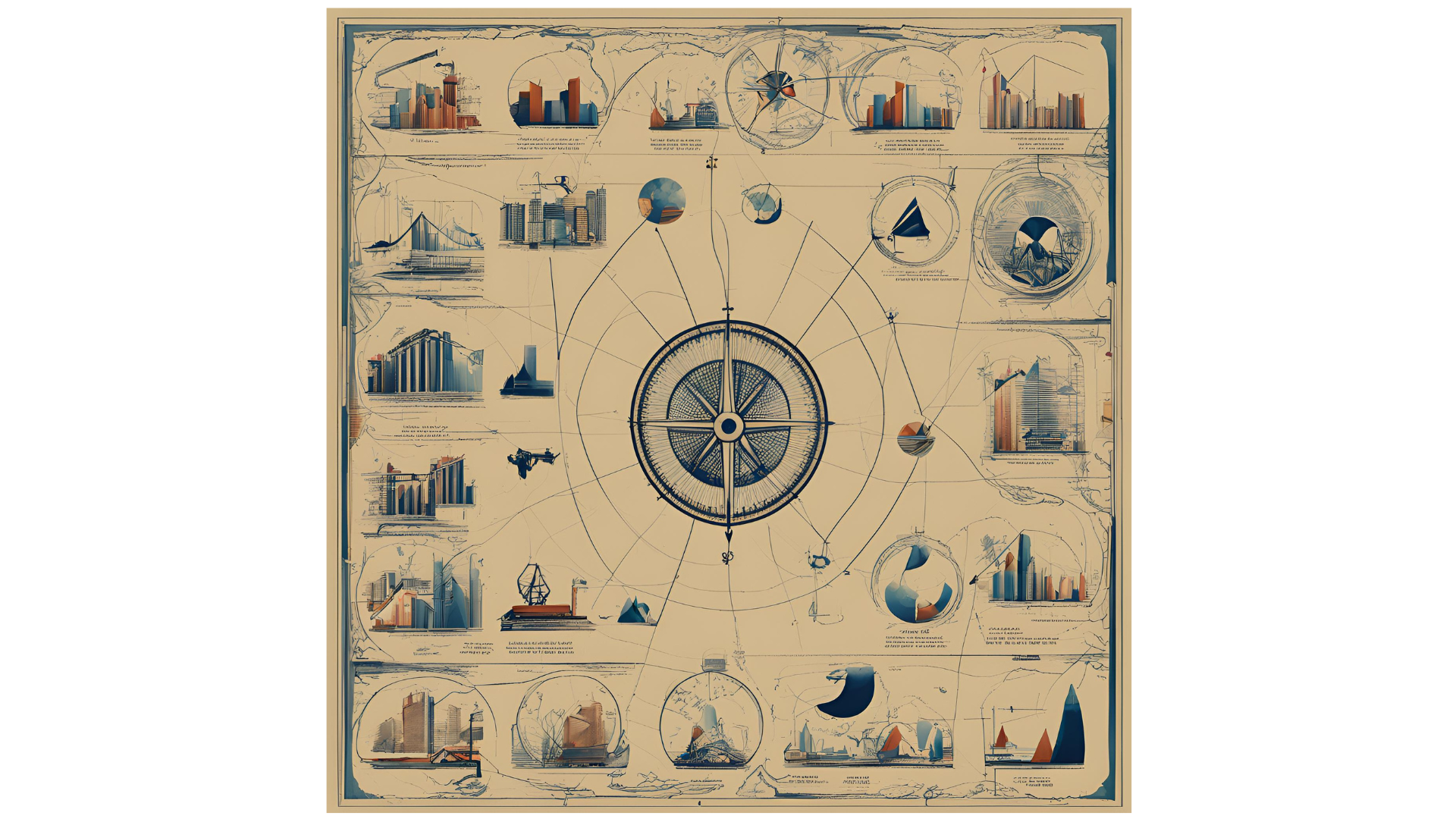 Introduction
Introduction
One of the main shortcomings of mass trading education, in my opinion, is the complete lack of any idea. The goal is there – to make money. Beyond that, all actions are directed towards finding a real signal to buy or sell. This approach is partly derived from fundamental analysis. If you are a producer of goods, it is crucial for specific products or services to reach certain values; otherwise, the business will be unprofitable.
However, if you are a speculator, what matters to you is whether the price moves up or down, regardless of specifics. You cannot apply methods used by physical goods providers, primarily because you lack the resources to produce the goods or a market to sell them on (these market participant categories provide the main turnover of goods). Hence, you lack risk management tools when applying such analytical methods.
Intermediate conclusion: you find yourself in a situation where you don’t know whether the price will go up or down, how long it will go there, and by how much. The answers provided by methods used by major liquidity providers do not work for a speculator. This is where the concept of mass psychology comes into play, and it determines 70 to 90 percent of success. The problem is that no one really knows what this beast is and how to tame it. I am not satisfied with this situation, and I have directed my energy towards more tangible things: studying the instrument’s behavior in terms that are under my control and developing ideas to which these methods can be applied. You can learn about studying the instrument’s behavior in the Retail and Professional Trading sections. In this section, I replaced the concept of psychology with the concept of philosophy. You get a space that you control by deepening your knowledge of the instrument’s behavior and creating methodologies for applying these properties. Now, everything depends on you, not on the psychology of the crowd.
This section is dedicated to formulating ideas for planning your behavior in the market. The material on the left will acquaint you with the principles of trading. The material on the right is a collection of various philosophical notes. If you are an absolute adherent of the idea of finding patterns, feel free to skip this section. Come back to it in about five years if you are not disappointed in trading.
With respect, Boris Borbot




